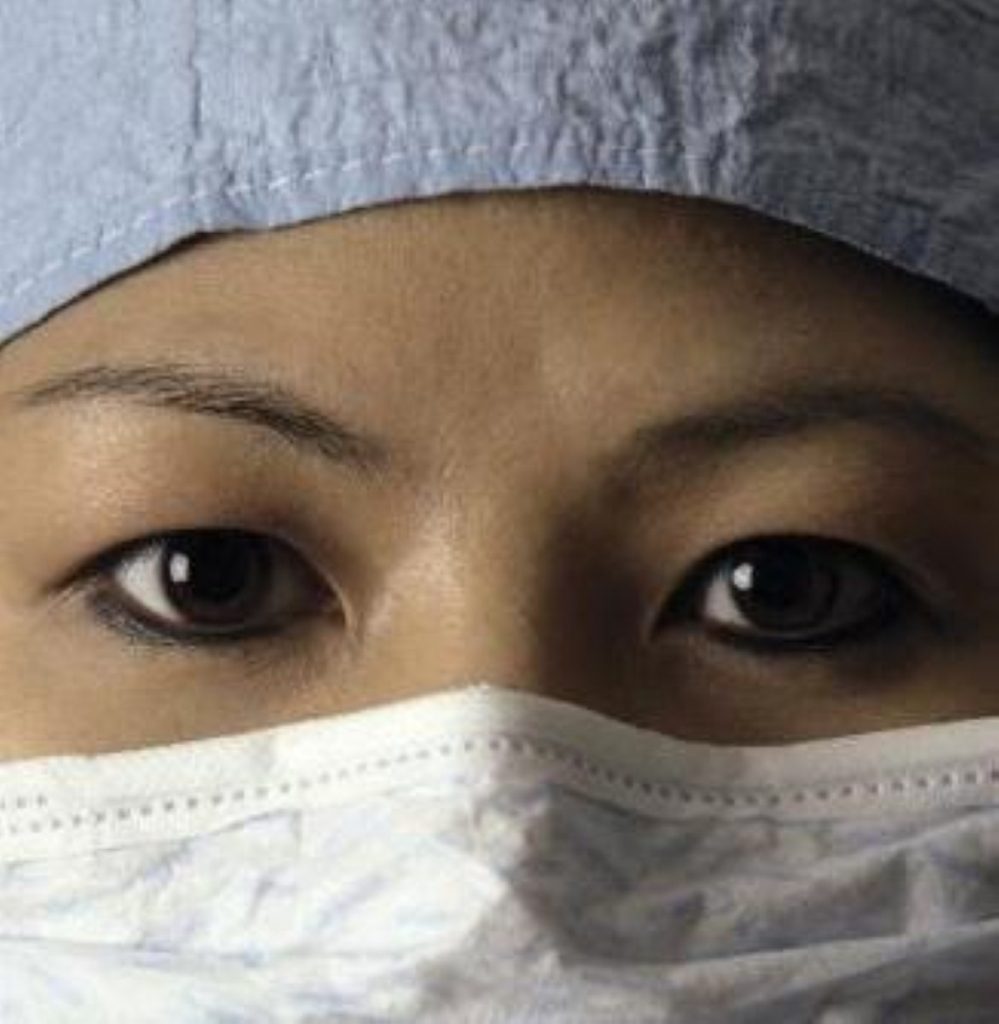MRSA down but other super bug soars
The Department of Health’s (DoH) attempts to combat hospital ‘super bugs’ have achieved mixed results.
Efforts to reduce MRSA infections are working but the number of people contracting C. difficile continues to rise, the latest figures show.
The Health Protection Agency found a 6.5 per cent fall in the number of MRSA bloodstream infections over the past quarter.
This led to an annual reduction of ten per cent. Between April 2006 and March 2007, 6,378 cases of MRSA were reported, down from 7,096 the previous year.


However, C. difficile infections rose by 22 per cent over the same period. The DoH points out this is inline with seasonal trends, with the annual rise a more manageable two per cent.
Dr Christine McCartney, who leads the agency’s programme for Healthcare Associated Infections, said: “The Agency has been actively supporting and advising NHS Trusts to help them bring down their levels of healthcare associated infections, and the continuing fall in the numbers of MRSA cases is very encouraging.
“However there is still a lot of work to be done if we are to continue to achieve reductions in both MRSA bloodstream infections and C. difficile. Many of these infections are preventable if hygiene and antibiotic prescribing guidelines are strictly followed by Trusts.”
Health minister Ann Keen attributed the fall in MRSA infections to the hard work of NHS staff.
Mr Keen said: “We know that cleanliness and infection control are of great concern to patients and the public. This is why we have taken a wide range of action to drive up standards across the NHS, including an extra £50 million to support frontline workers in tackling these infections.
“The hard work of NHS staff has been vital in reducing MRSA infections. We now need to redouble our efforts to tackle C. difficile and continue this progress.”
Gordon Brown has said the government must improve NHS cleanliness if it is to regain confidence in the health service.
The Liberal Democrats have warned the government not to play down the rise in C. difficile.
Health spokesman Norman Lamb said the DoH’s infection strategy had “spectacularly failed” to halt the superbug, warning of “deadly consequences”.
As C. difficile predominantly affects older people, Mr Lamb asked why the government was focusing its efforts on hospitals and ignoring care homes where rates have doubled in recent years.
The Liberal Democrats want poor hygiene standards to be viewed as gross misconduct and disciplinary action taken against staff that fail to comply.









